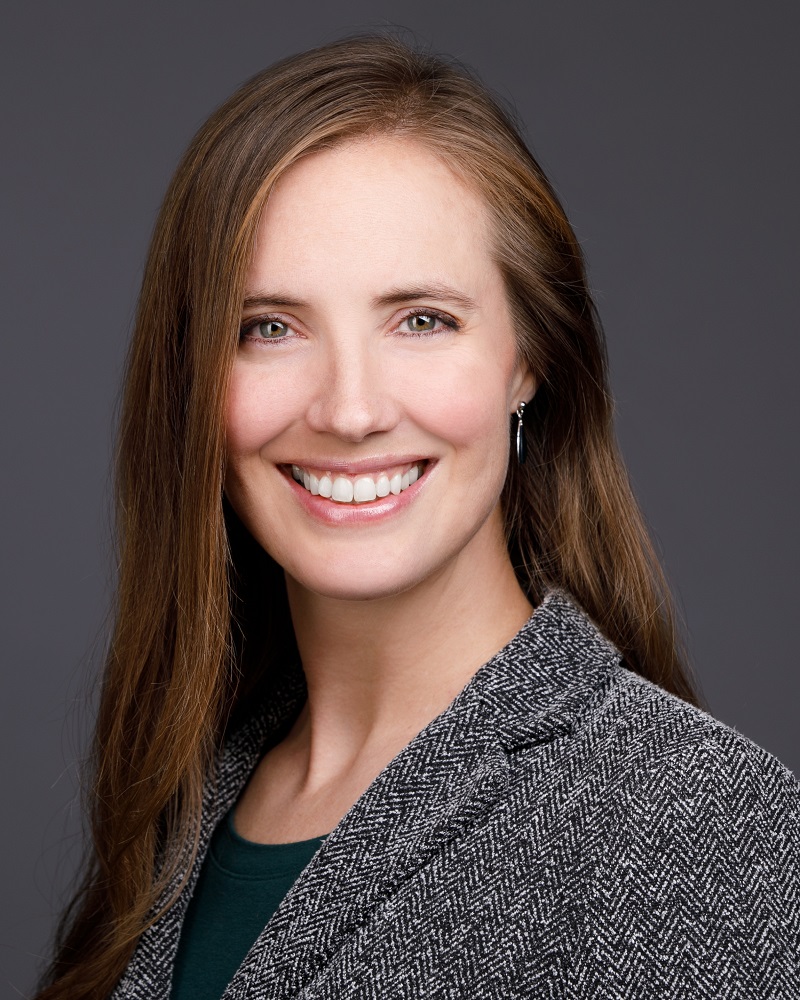
You can learn about the social determinants of health in the classroom, but for Anna Smyth, hands-on work in Guatemala proved much more illustrative.
Today Smyth is a sought-after mindfulness coach and consultant, with a master’s degree in Health Promotion and Education from the Department of Health & Kinesiology. But before she made that vision a reality, she held two jobs in the Central American country working with some of the wealthiest and most poverty-stricken students.
“I worked at a prestigious private university in international development, and I also had a volunteer position at an educational reinforcement center working to end the cycle of intergenerational poverty in Guatemala,” she said. “I was working with two groups of kids around the same age, but the second group may or may not have a meal, know how to read, or have a roof over their heads. Many actually lived in the city landfill.”

That experience gave Smyth a broader perspective of health and wellness, prevention and intervention. It also cemented her appreciation of the value of education and making it accessible. When she returned to Utah, applying to the University’s health promotion and education program seemed like a natural next step.
“The scope of the program was exactly what I was looking for—integrative, holistic, whole-person wellness,” she said. “Fifteen years ago, those concepts weren’t very mainstream.”
Once Smyth got into graduate school, she found herself drawn to the field of mindfulness. Although it was too early to make it into a career, she knew it would be a vital part of her work in the field of health prevention.
“Mindfulness is prevention work,” she said. “The brain is in charge of our lives, but we may not always be in charge of the brain. By developing mindfulness, I gain a deeper understanding of myself and that gives me more choice and power.”
Post-graduation, Smyth put mindfulness work in her “side hustle” box and worked for the Lieutenant Governor’s Commission on Service and Volunteerism and a social impact management consulting firm. She achieved certification as a mindfulness instructor through the UMass Chan Medical School and began her work with Mindfulness Utah in 2017.
The company offers evidence-based programming for companies, healthcare providers, educators and the public including customized workshops and trainings. Smyth has worked with an impressive roster of clients, including the Huntsman Cancer Institute, the Utah Courts, Zions Bank, the Weigand Center for the Homeless, Granite School District and the Utah School for the Deaf.
She is also a faculty member of Salt Lake Community College’s Prison Education Program, teaching Lifelong Wellness courses to inmates pursuing an associate’s degree.
“It’s such a fun time to be working in this space, because there’s so much research now on mindfulness,” she said. “It’s rewarding to be able to translate and bring that research into professional spaces: here’s what it is, here’s how it works and here’s what it will do for you. We can use it as a prevention tool, so our attention doesn’t get hijacked.”
Smyth is just getting started. She’s planning to write a book on the intersection of mindfulness and the experience of time—that is, the lack of time that people think they have and how it affects the nervous system. Smyth wants to highlight the mindfulness practices that can help reconceptualize how we perceive time and give us more control in that area.
She’s also been working with the Davis School District and Davis Behavioral Health for several years to offer Learning to Breathe, a 12-week mindfulness program, in sixth grade classrooms districtwide. That work partners with the Prosocial Leader Lab at University of Colorado Denver to study the effectiveness of the programming. If it continues to prove beneficial, the goal is to scale it to other districts and statewide.
“In the first couple of years it’s been really promising,” she said. “One of the hardest times in life for kids is right when they enter junior high. We’re hoping to figure out the right data to share and partnerships to establish to continue to move the work forward.”
Graduate degrees in health and kinesiology sets students up for a vast variety of career paths, including entrepreneurship. Smyth is a self-made success, but she’s ready to mentor the next generation in the intersection of health and business.
“Look for a mentor,” she said. “People like me, who have created a career path from scratch, are pretty excited about helping others figure out how to do the same.”